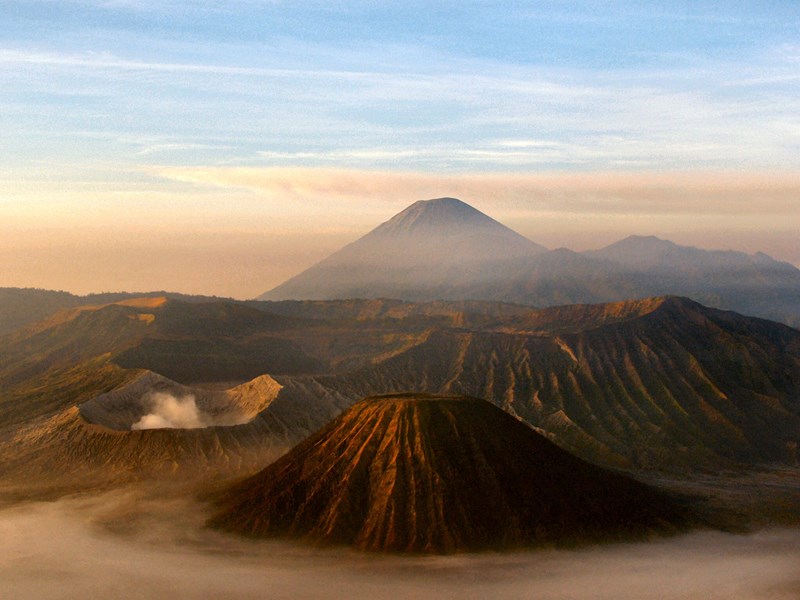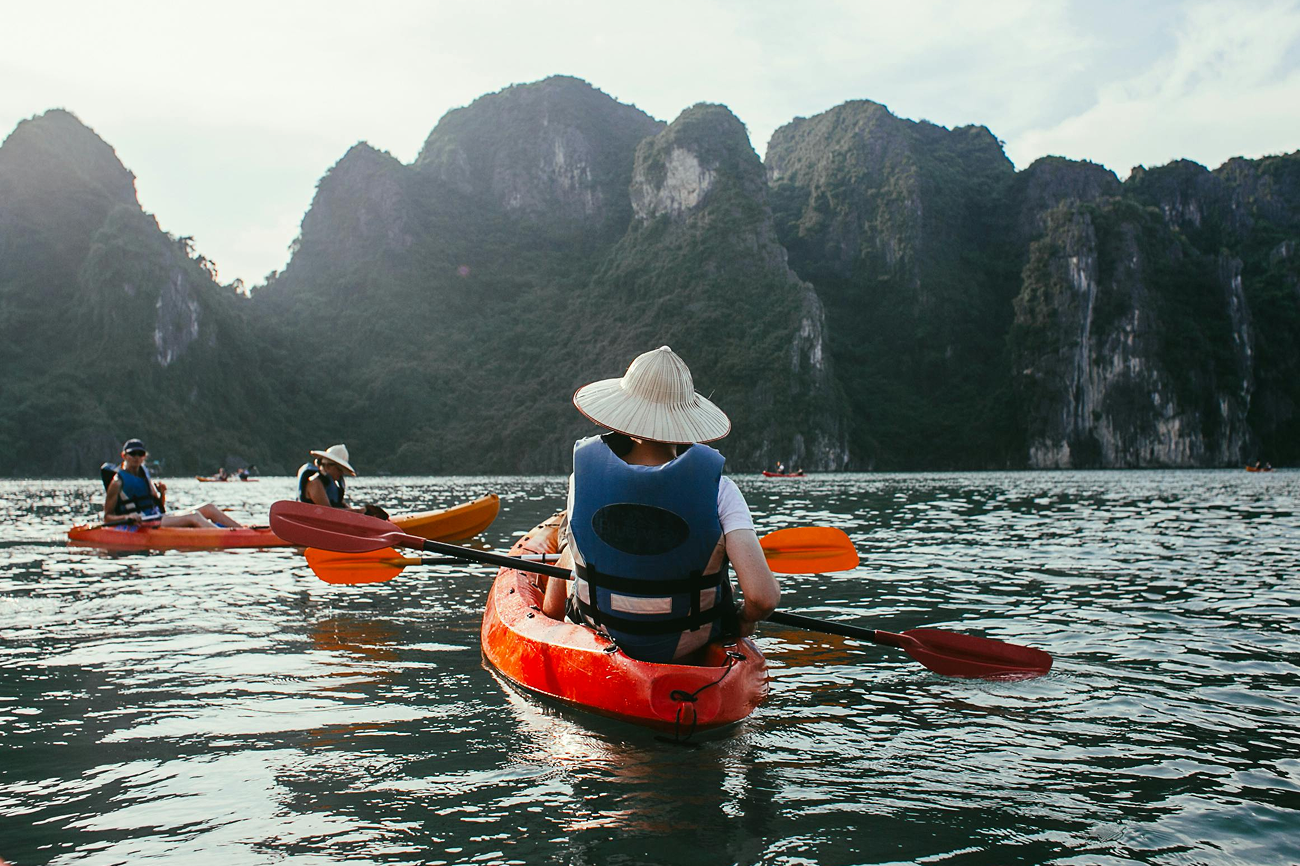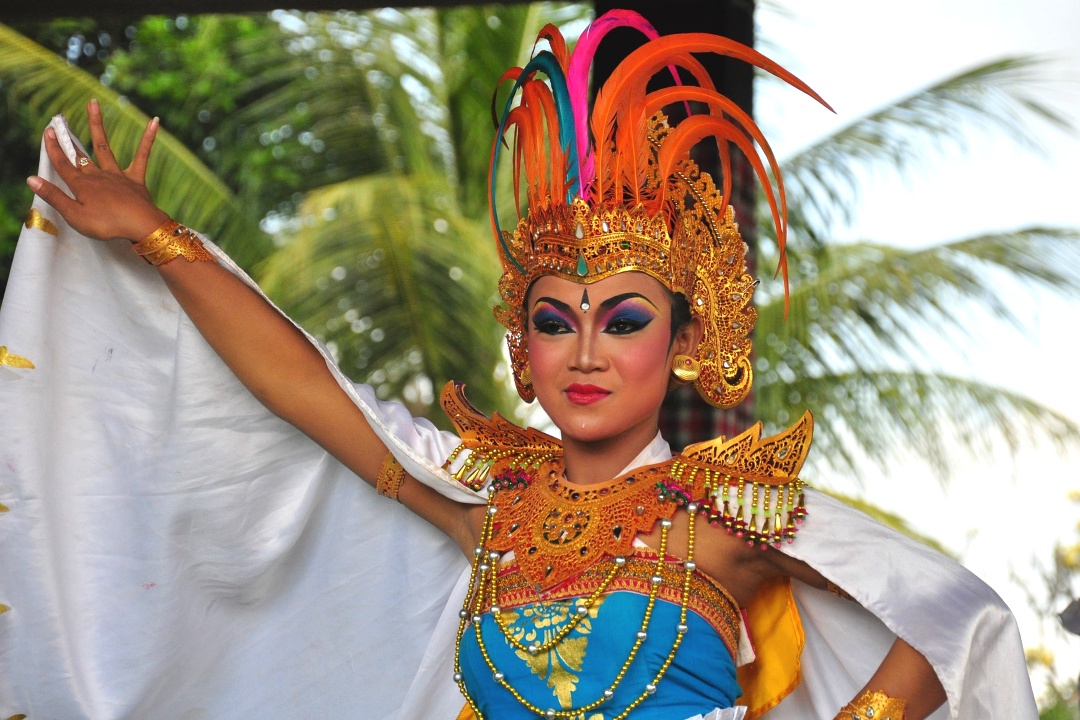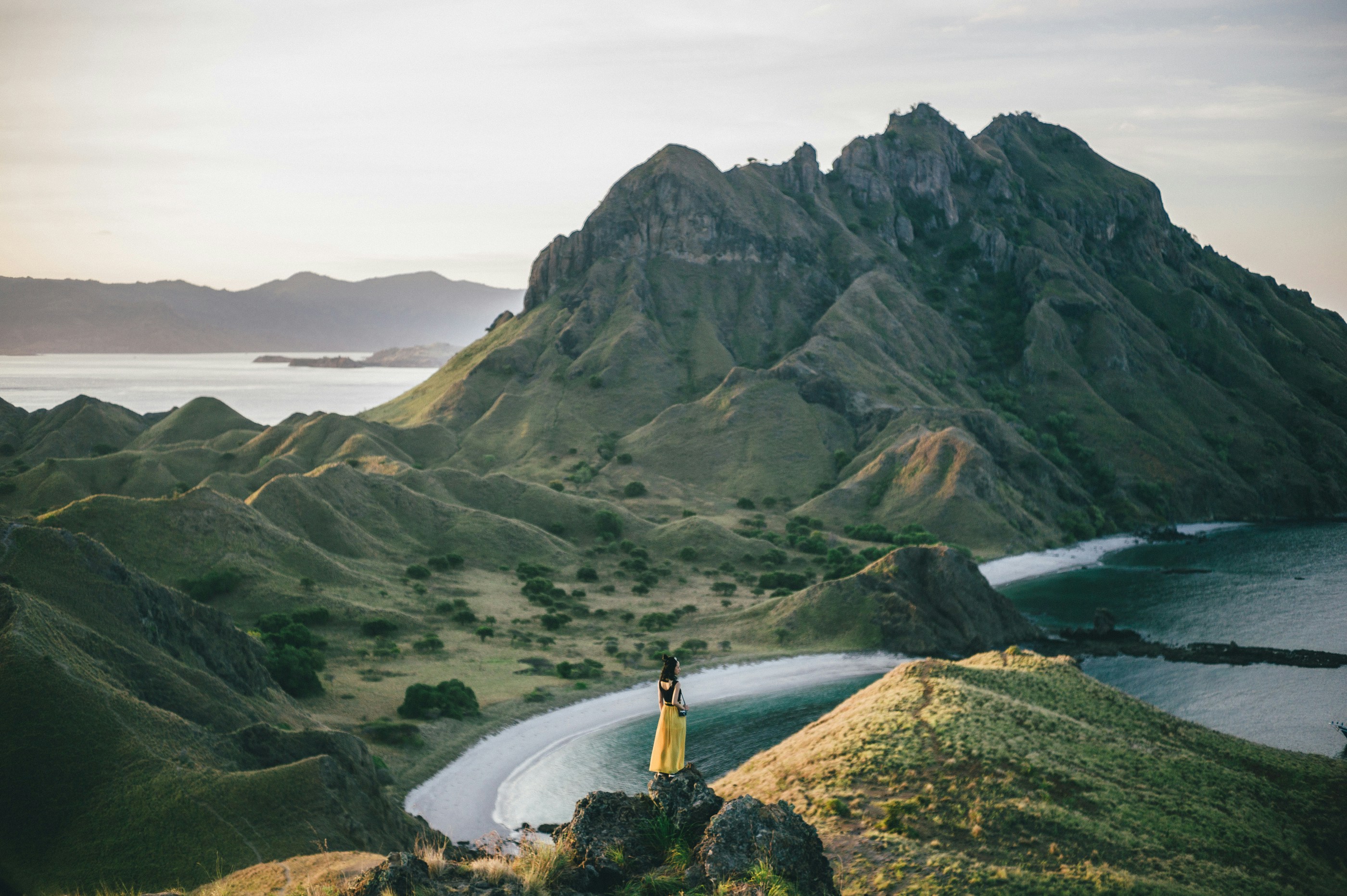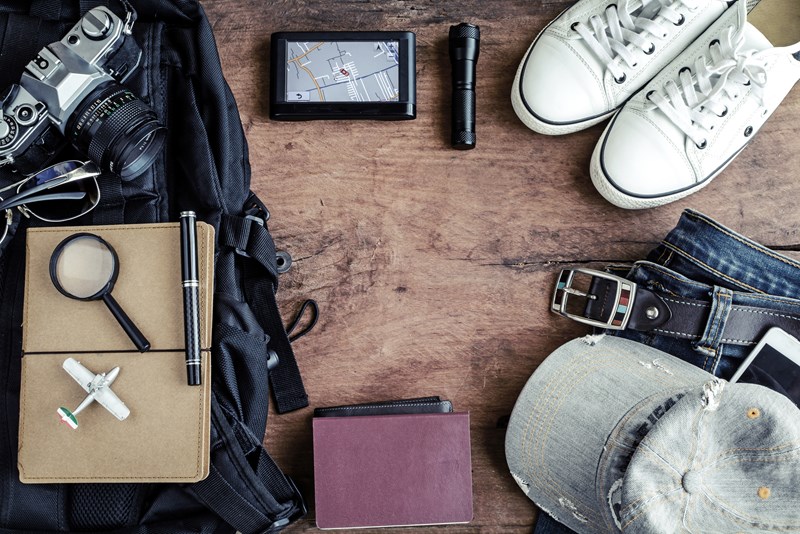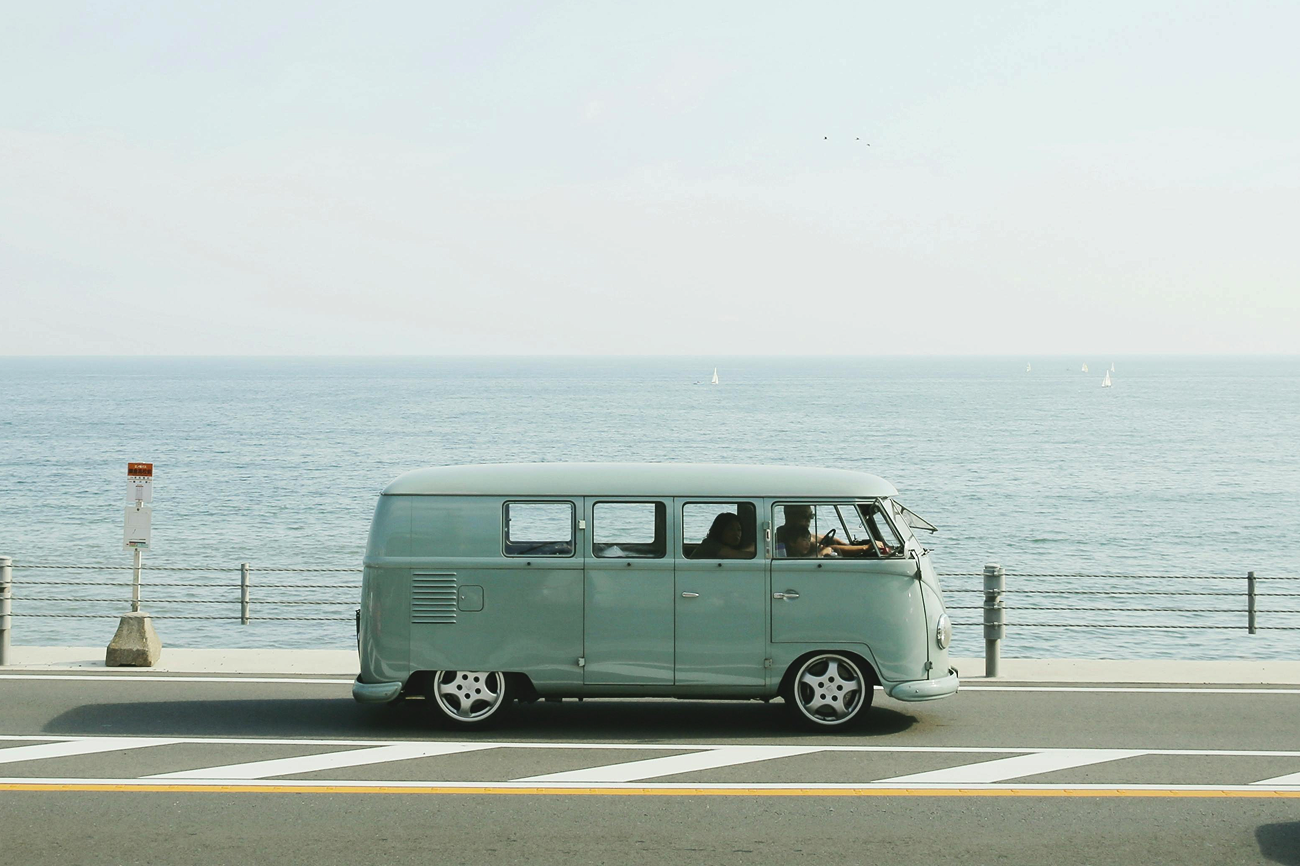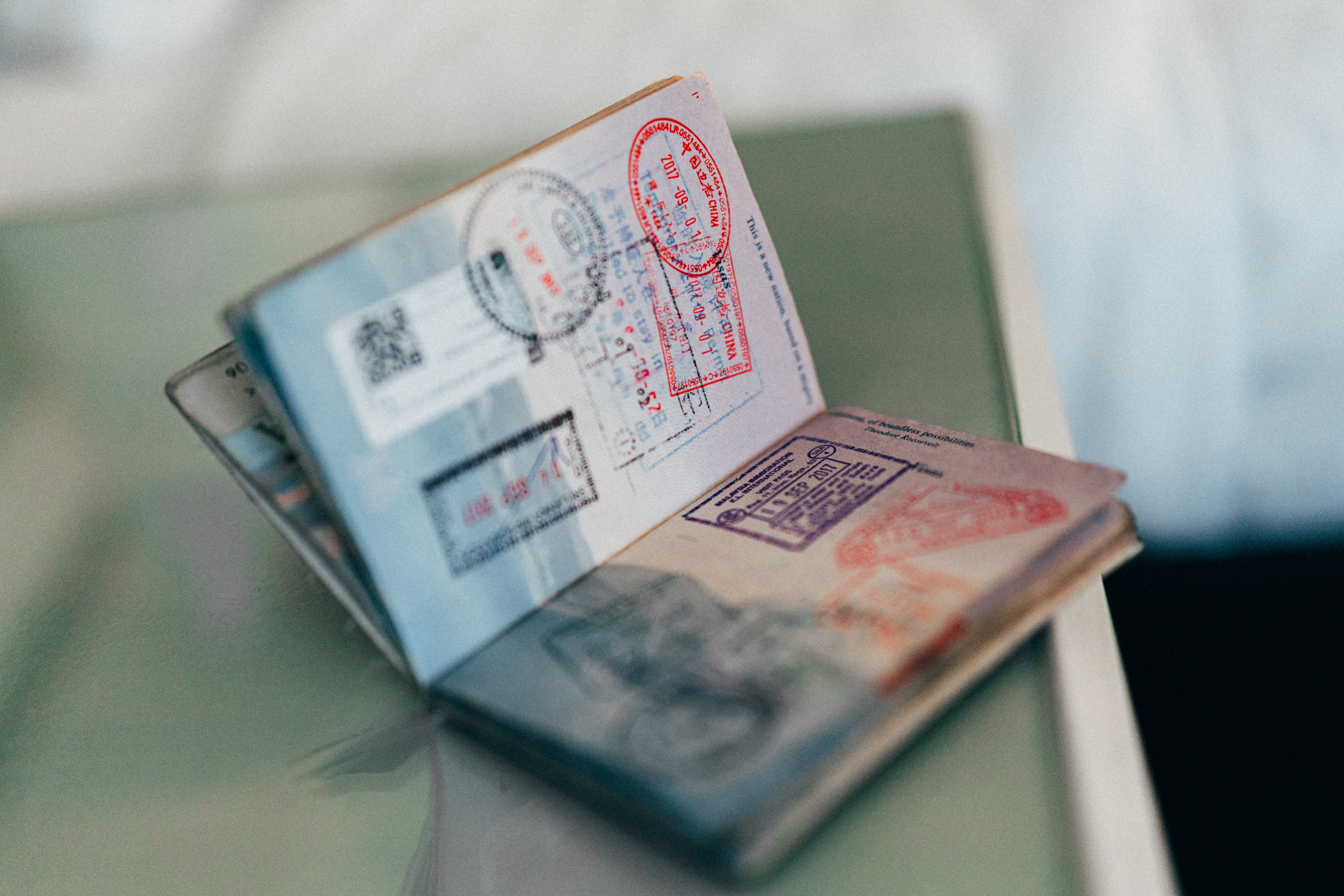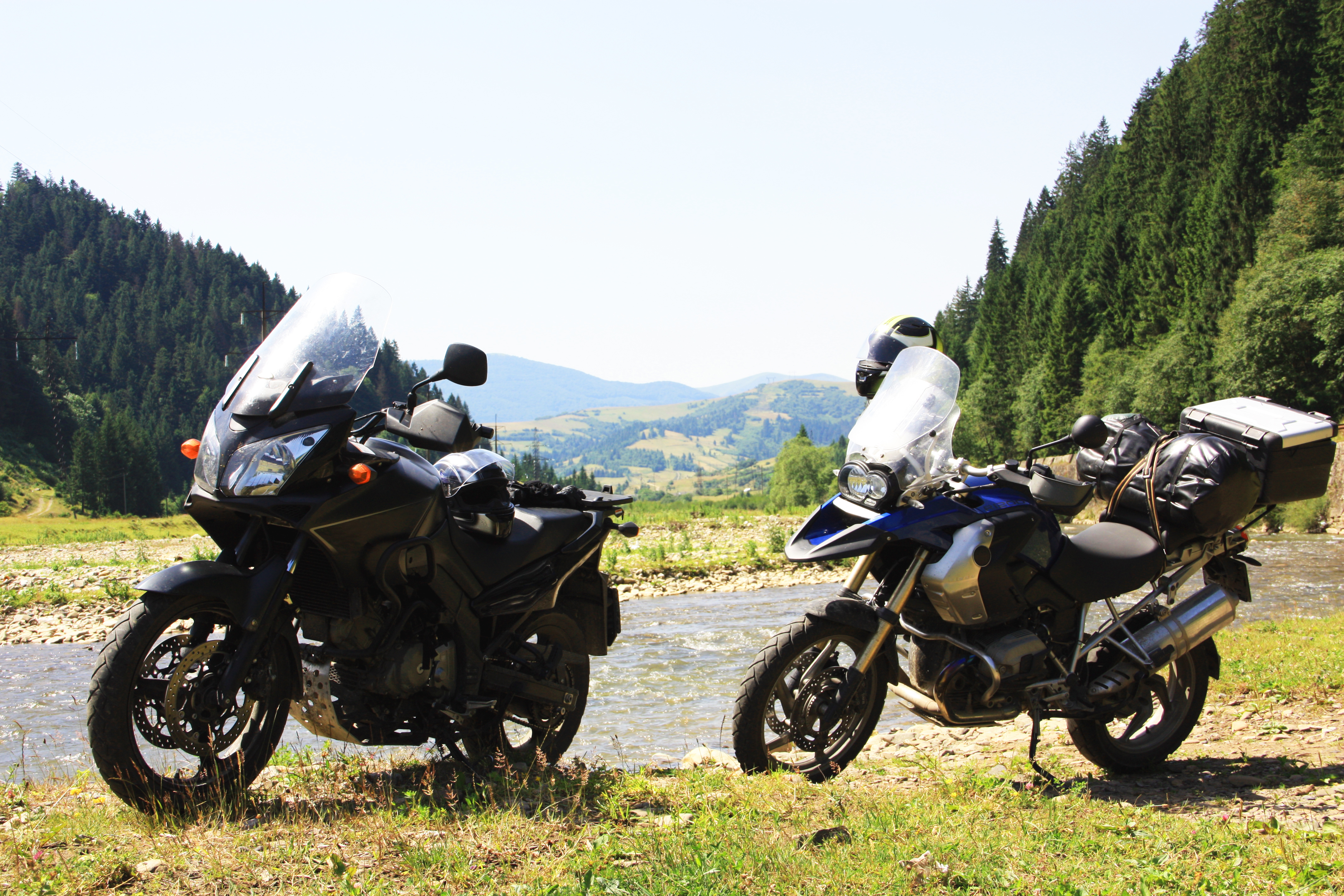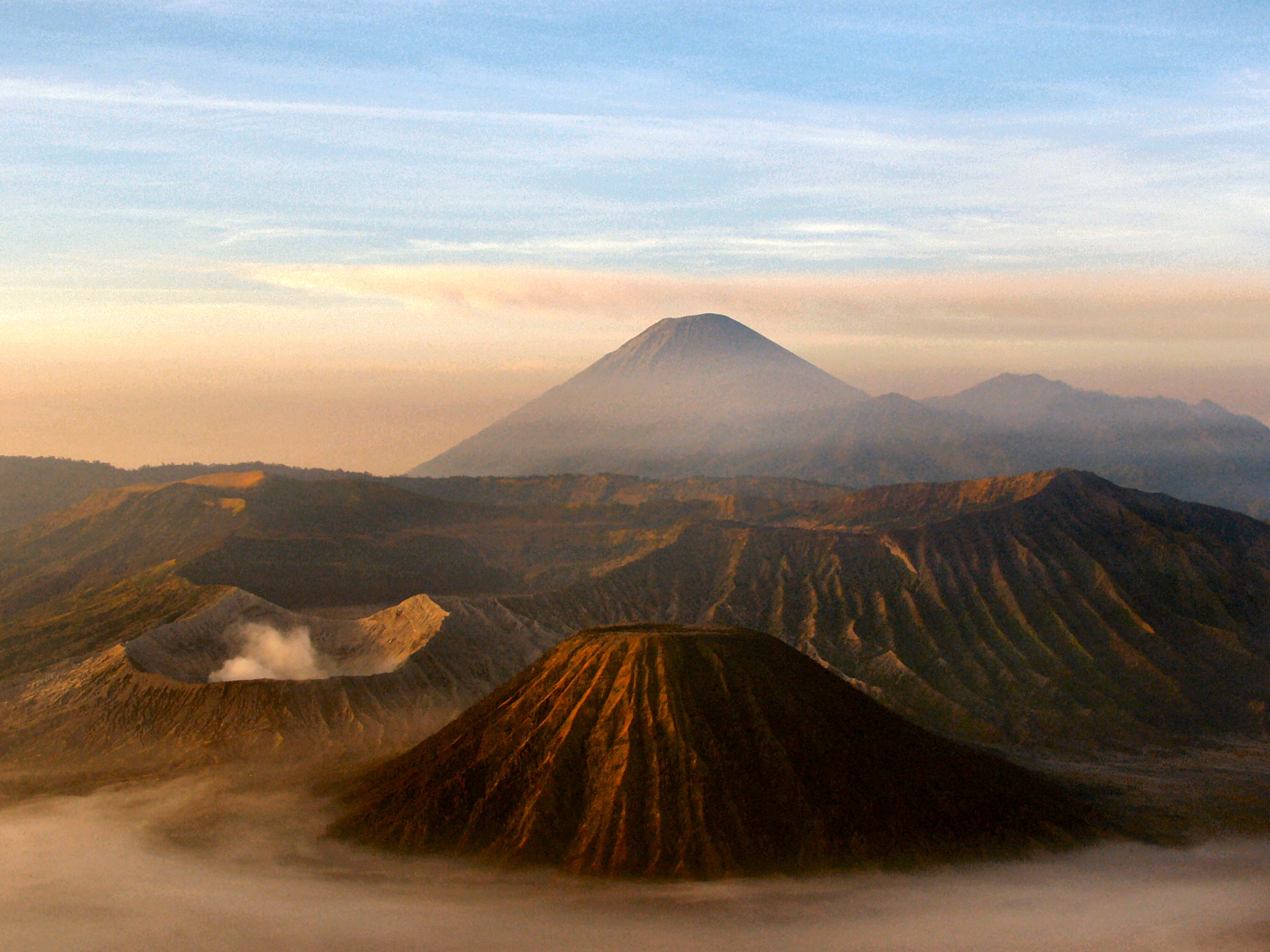Update – There has been a further eruption on 7 July 2025. The eruption has disrupted flights in and out of Bali. Flights from Australia to Bali have also been cancelled. This travel alert has been in effect since 18 June 2025 and still applies to the new eruption on 7th July 2025.
At 5:35PM local time in Indonesia (7:35PM AEST), on 17 June 2025, Indonesia’s Mount Lewotobi Laki-Laki Volcano erupted, which has led to flight delays and cancellations in Bali and Indonesia. Flights from Australia were also cancelled early on Wednesday 18 June 2025.
What to do
-
Follow local government and media advice.
-
Contact your airline, cruise company, travel agent, travel provider etc as they should be able to provide immediate help with rescheduling or providing you with your options.
-
Check Smartraveller's website and their Facebook.
-
Submit a claim for this event.
Are you overseas and need emergency medical help?
If you need emergency help, contact our Emergency Assistance team.
- Phone: +61 2 8320 7999
- E-mail: emergency@fastcover.com.au
The Australian Government also offers 24-Hour Consular Assistance for travellers overseas:
- Phone: +61 2 6261 3305
- SMS: +61 421 269 080
Relevant articles:
Bali Indonesia Ash Cloud:
 †
†
